91 pages • 3 hours read
Leo TolstoyAnna Karenina
Fiction | Novel | Adult | Published in 1879A modern alternative to SparkNotes and CliffsNotes, SuperSummary offers high-quality Study Guides with detailed chapter summaries and analysis of major themes, characters, and more.
Important Quotes
“The liberal party said, or, rather, implied, that religion was just a bridle for the barbarous part of the population, and indeed Oblonsky could not even stand through a short prayer service without aching feet and could not grasp the point of all these fearsome and high-flown words about the other world, when life in this one could be so merry. At the same time, Oblonsky, who liked a merry joke, sometimes took pleasure in startling some simple soul by saying that if you want to pride yourself on your lineage, why stop at Rurik and renounce your first progenitor-the ape? And so the liberal tendency became a habit with Oblonsky, and he liked his newspaper, as he liked a cigar after dinner, for the slight haze it produced in his head.”
(Part 1, Chapter 2, Page 7)
Tolstoy uses Oblonsky’s choice of newspaper to illustrate fundamental truths about his character. He is a liberal not out of fervent conviction or ideological coherence, but personal preference. Religion hurts his feet and distracts him from the “merry” pleasures of the moment. He enjoys mocking aristocratic sensibilities: Rurik was the father of the Russian state and its first tsarist dynasty, so mentioning him in reference to evolution is particularly scandalous and even bordering on blasphemy. Oblonsky is not innately drawn to ideas, but as a kind of momentary pleasure, like his “cigar after dinner.” Though he is an important character for his connections of the plot’s varying strands, Tolstoy establishes that Stiva is shallow in ways suggesting Tolstoy’s own distaste for such aristocrats.
“Everyone with whom the princess happened to discuss it told her one and the same thing: ‘Good gracious, in our day it’s time to abandon this antiquity. It’s young people who get married, not their parents; that means the young people should be left to arrange it as they can.’ It was fine for those who had no daughters to talk that way; but the princess understood that in making friends her daughter might fall in love, and fall in love with someone who would not want to marry or who was not right as a husband. And however much the princess was assured that in our time young people themselves must settle their fate, she was unable to believe it, as she would have been unable to believe that in anyone’s time the best toys for five-year-old children would be loaded pistols. And therefore the princess worried more about Kitty than she had about her older daughters.”
(Part 1, Chapter 12, Page 45)
Kitty’s family epitomizes Russia’s changing social mores—even for aristocratic families. The older woman takes in the zeitgeist around her, and recognizes her own views are considered “antiquated”—lacking sophistication. Modernity suggests that autonomy is paramount, an argument that appears over and over again in Anna’s later struggles to free herself from Karenin. But the Princess dismisses this as less important than her daughter’s happiness; Tolstoy portrays her as the epitome of maternal concern and solicitude, though she is swayed by Vronsky’s charms.
Related Titles
By Leo Tolstoy
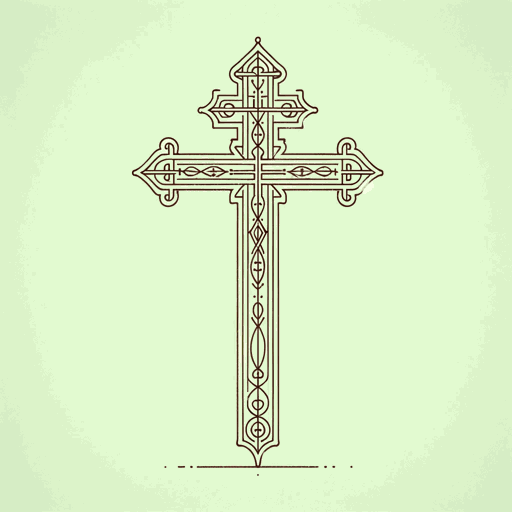
A Confession
Leo Tolstoy
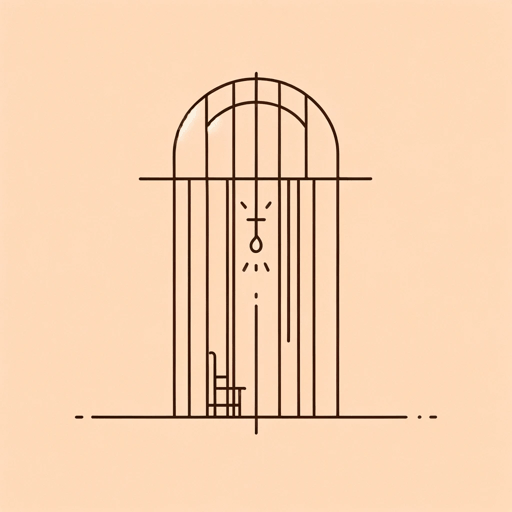
God Sees the Truth, but Waits
Leo Tolstoy
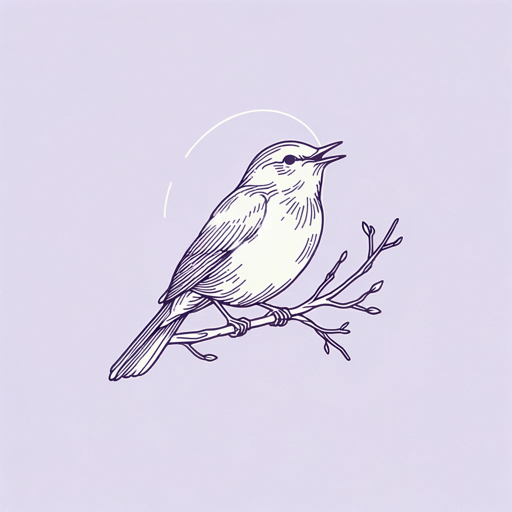
Hadji Murat
Leo Tolstoy
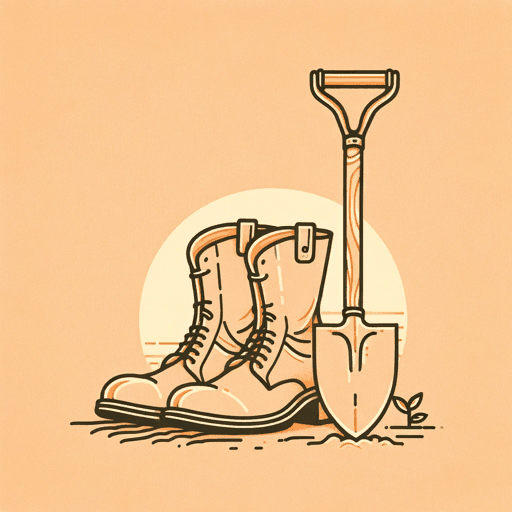
How Much Land Does a Man Need
Leo Tolstoy

Master and Man
Leo Tolstoy

The Cossacks
Leo Tolstoy
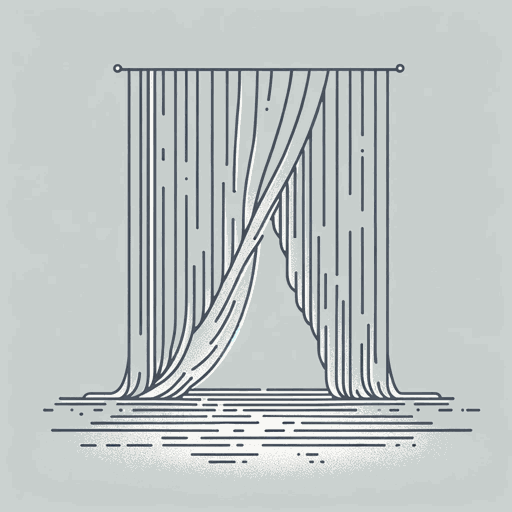
The Death of Ivan Ilyich
Leo Tolstoy

The Kreutzer Sonata
Leo Tolstoy
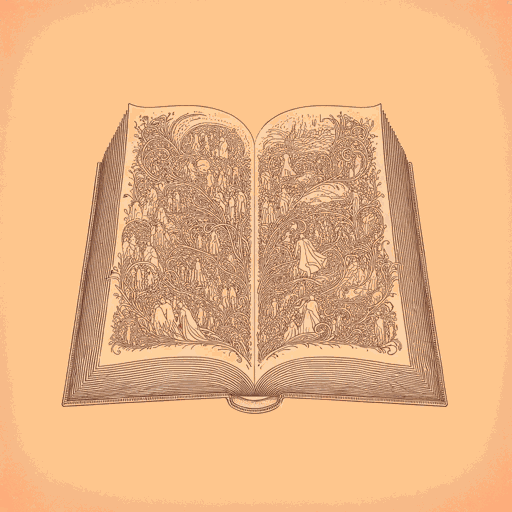
War and Peace
Leo Tolstoy
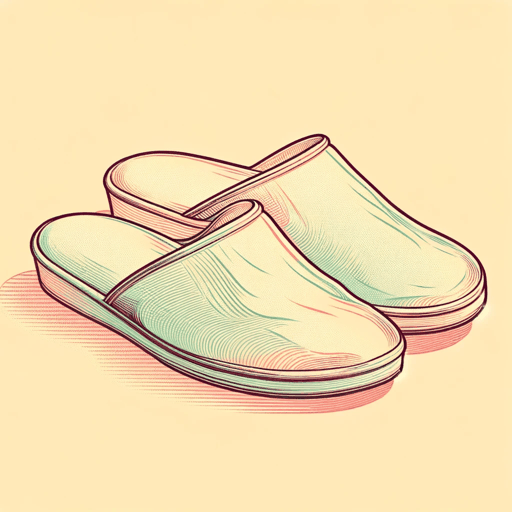
What Men Live By
Leo Tolstoy

